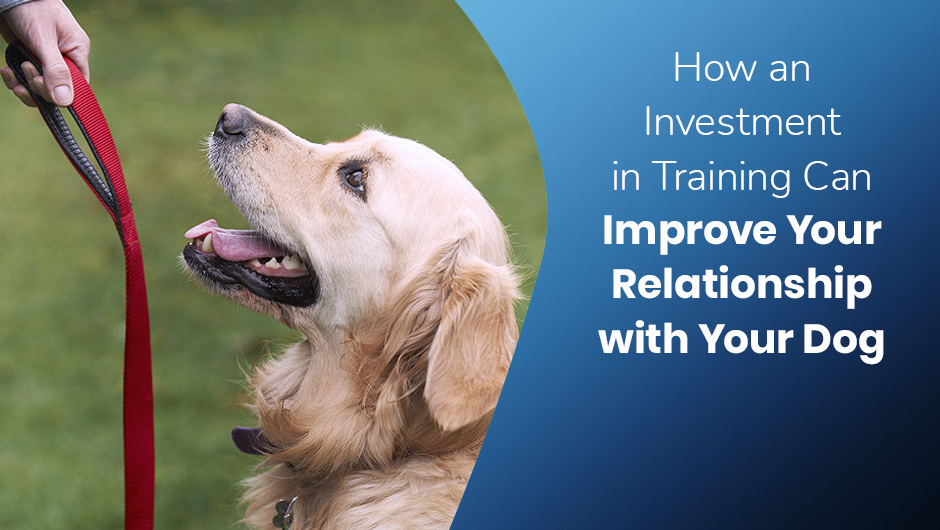Excessive barking, hyperactivity, chewing up household items, and pulling on the leash when going for a walk are all common dog behaviors that can frustrate their human family. Unfortunately, this makes some new dog owners become decide that having a dog is not for them. They relinquish the animal to a shelter, give it to a friend, or abandon the dog outdoors, which is the worst possible outcome. The dog’s problem behavior only grows worse, making things even more difficult for the next potential owner.
Before you give up on your dog, you may want to consider professional training. This is an especially good time since January is National Train Your Dog Month sponsored by the Association of Professional Dog Trainers.
Why Do Dogs Misbehave?
What you see as misbehavior may be your dog’s only way of coping with stress. By working with a professional dog trainer, you can get to the underlying cause of the problem behavior and devise a plan to correct it. People sometimes take their dog's behavior personally by assuming he is expressing displeasure with them or somehow retaliating. However, dogs are incapable of vengeance and other decidedly human behaviors. Permanently modifying your dog's behavior should be the goal of any training session.
Operant and Classical Conditioning
Professional dog trainers use a combination of operant conditioning and classical training to teach your dog more appropriate ways to act. Operant conditioning involves modifying canine behavior through both reinforcement and punishment. While sometimes controversial, this technique distinguishes between voluntarily and purely reflexive behavior.
The premise of operant conditioning is to reward your dog each time she performs a desired behavior. Eventually, you scale back rewards for every action and praise just the best ones. This encourages your dog to work hard for the reward and to please you. Dog trainers refer to this as intermittent reinforcement. Negative punishment need not be physical to be effective. You simply take away something your dog enjoys, such as a toy or treat, in response to undesirable behavior.
Classical conditioning is another name for associated learning. For example, most dogs learn early on that their owner picking up a leash means they get to go for a walk. By associating certain items with a desired action, you can have a better-behaved dog. In this instance, your dog allows you to put the least on and get ready to go outside.
Challenging dog behavior takes a toll on the entire family. It is also a vicious cycle because your dog responds to the negativity by acting even worse. When you reinforce professional training at home, your dog learns to trust and obey you. Eventually this results in you and your dog having a more rewarding relationship. Please let your veterinarian at Minnesota Veterinary Hospital know if you need help with a specific behavior.
Photo credit: MachineHeadz / Getty Images

